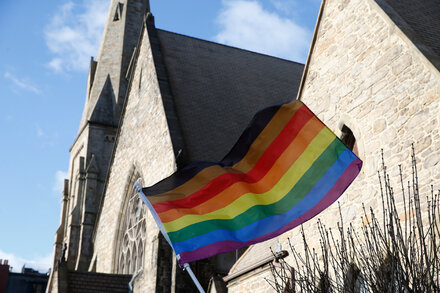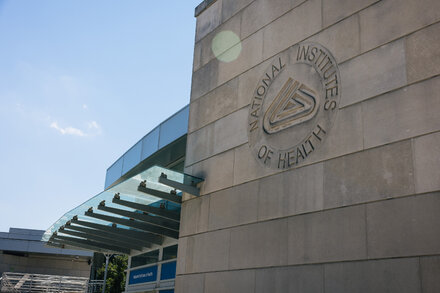Conversion therapy is a highly controversial practice that seeks to alter an individual’s sexual orientation or gender identity. This article explores its problematic historical origins and the widespread condemnation it has faced from medical and psychological organizations.

Conversion therapy, a highly controversial practice, refers to any intervention aimed at changing an individual’s sexual orientation or gender identity. Historically rooted in the belief that being LGBTQ+ is a mental illness or a moral failing, the practice has faced widespread condemnation from major medical, psychological, and psychiatric organizations globally.
Historical Origins and Evolution
The concept of “curing” homosexuality emerged in the late 19th and early 20th centuries, as the medical community began to categorize and pathologize same-sex attraction. Early psychiatric and psychological approaches often viewed homosexuality as a deviation that could be corrected. These initial efforts frequently coincided with societal norms that considered non-heterosexual identities as immoral or unnatural.
“In its nascent stages, the medical establishment, influenced by prevailing social prejudices, attempted to ‘treat’ what it considered a disorder. This set a dangerous precedent that would take decades to dismantle,” stated a historian specializing in medical ethics.
Techniques employed throughout the 20th century varied widely and included a range of methods from talk therapy and psychoanalysis to more extreme and harmful interventions. Aversion therapies, such as electric shock applied simultaneously with homosexual imagery, drug-induced nausea, and even lobotomies, were historically used in attempts to reorient individuals’ attractions. Alongside these medicalized approaches, religiously motivated counseling and spiritual interventions also developed, asserting that faith could “change” or “pray away” same-sex attraction or gender dysphoria.
Professional Condemnation and Documented Harms
Over time, mainstream medical and psychological bodies began to critically re-evaluate conversion therapy. A pivotal shift occurred as research demonstrated that homosexuality and diverse gender identities are natural variations of human experience, not disorders. In 1973, the American Psychiatric Association (APA) declassified homosexuality as a mental illness. This decision marked a significant turning point, gradually leading other professional organizations to follow suit.
Today, virtually every major medical and mental health organization worldwide rejects conversion therapy, citing a lack of scientific evidence for its efficacy and extensive evidence of its potential to cause severe psychological harm. Organizations like the American Medical Association (AMA), the American Psychological Association (APA), the American Academy of Pediatrics (AAP), and the American Counseling Association (ACA) have all issued statements condemning the practice.
“There is no scientific evidence that conversion therapy is effective, and ample evidence that it can be deeply harmful, leading to depression, anxiety, substance abuse, and suicidal ideation,” said a spokesperson for a leading mental health advocacy group. “Our duty as medical professionals is to do no harm, and conversion therapy unequivocally violates that principle.”
The documented harms include increased risk of depression, anxiety, self-harm, suicidal thoughts and attempts, and a diminished sense of self-worth among survivors. Many individuals who have undergone conversion therapy report lasting trauma from the experience.
Current Landscape and Legal Challenges
In response to growing awareness of its ineffectiveness and harm, numerous jurisdictions have moved to ban conversion therapy, particularly for minors. As of recent years, a growing number of U.S. states, as well as countries like Canada, Brazil, Germany, and Malta, have implemented laws prohibiting the practice for minors, and in some cases, for adults as well. These bans often face legal challenges, typically on grounds of religious freedom or free speech, leading to ongoing debates and court battles.
Despite increased public scrutiny and legislative action, conversion therapy continues to be practiced in various forms, often in less regulated religious or counseling settings. Advocacy groups continue to push for comprehensive bans and greater public education to protect vulnerable individuals from these practices.
Source: Read the original article here.





